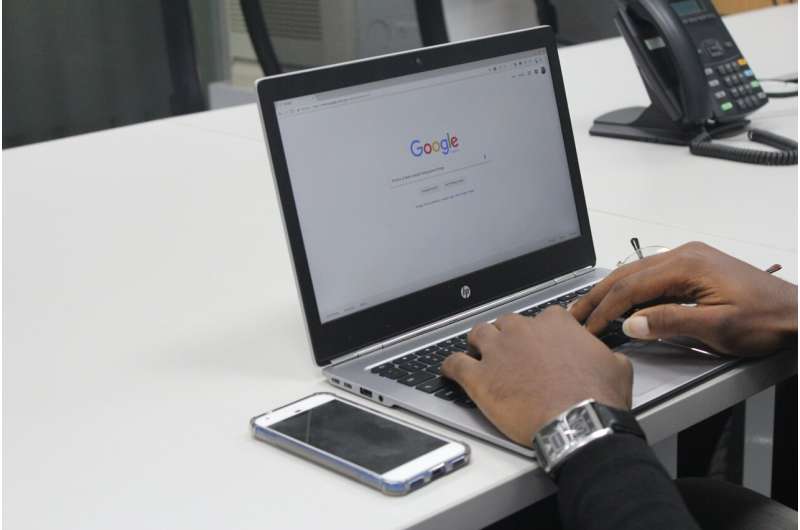Online searches may reduce predisposed belief in misinformation

A new analysis suggests that online searches could help correct people's predisposed belief in misinformation, but that searching may still promote negative feelings about a targeted minority group, despite correction of specific information about the group. Tetsuro Kobayashi of City University of Hong Kong and colleagues present these findings in the open-access journal PLOS ONE on September 22, 2021.
While the scale and effects of misinformation are under debate, concerns are growing that misinformation threatens democratic institutions. Misinformation spreads through social media, news media, and interpersonal communication. People might use online searches to verify information they encounter, but some evidence suggests that people's confirmation biases might influence how they search, potentially surfacing inaccurate search results that strengthen belief in misinformation.
To further investigate whether online searches can correct belief in misinformation, Kobayashi and colleagues recruited hundreds of Japanese adults to participate in experiments focused on misinformation about Zainichi Koreans—permanent residents of Japan with Korean heritage. Zainichi Koreans face significant discrimination and hate speech. The study participants were instructed to use online searches in order to either determine the accuracy of incorrect statements about Zainichi Koreans or to find information that was as objectively accurate as possible.
Analysis of the participants' actions and feelings revealed that online search successfully reduced belief in the misinformation about Zainichi Koreans, particularly among those who were predisposed to believe it. Regardless of which instruction participants were given, online search led to correction of the specific misinformation they were asked to verify. However, regardless of instruction, participants showed an increase in negative feeling toward Zainichi Koreans after conducting their searches, despite correction of the specific misinformation.
These findings suggest that confirmation bias may be less robust than was suggested by earlier research into online searches. However, further research is needed to confirm the findings and explore them in other cultural contexts. Additionally, the authors note, people in real-world settings who are particularly predisposed to believe misinformation may not choose to engage in online search in order to fact check information they encounter.
The authors add: "It is good news that online search has been shown to be capable of correcting misbeliefs. However, online search cannot completely solve the problem of misinformation due to the concurrent deterioration of affective feeling toward the target groups, which would increase the likelihood of believing the next piece of misinformation."
More information: Kobayashi T, Taka F, Suzuki T (2021) Can "Googling" correct misbelief? Cognitive and affective consequences of online search. PLoS ONE 16(9): e0256575. doi.org/10.1371/journal.pone.0256575
Journal information: PLoS ONE
Provided by Public Library of Science





















